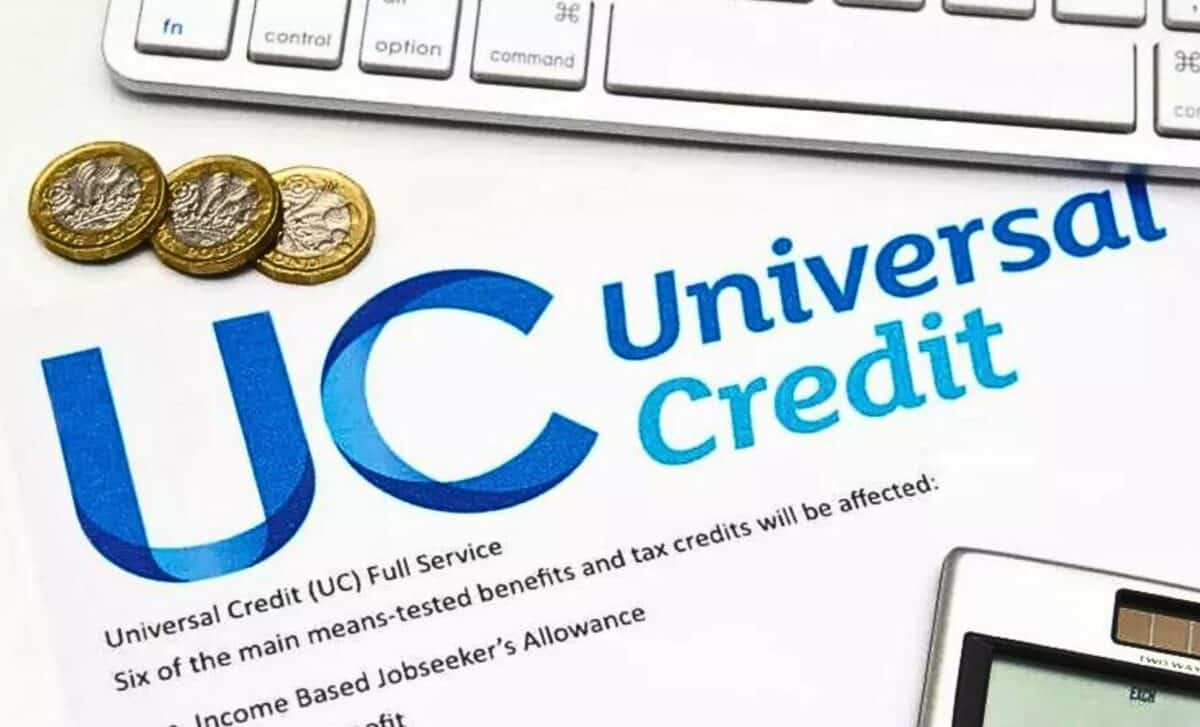The Department for Work and Pensions (DWP) has recently announced two major changes are to be made to Universal Credit, which could have an impact on the financial situation of many claimants.
Expected to come into force on 13 May, the new changes will result in adjustments to the Administrative Earnings Threshold (AET) and an increase in benefit payments.
Universal Credit AET Adjustment
At the heart of these changes is the realignment of the Administrative Earnings Threshold (AET), a key factor in Universal Credit. Currently set at 15 hours a week on the National Living Wage for single claimants, the AET is set to rise to 18 hours a week from 13 May.
The threshold for couples will rise to 29 hours a week. These adjustments equate to monthly earnings of £892 and £1,437 respectively.
The AET affects the categorisation of individuals into distinct ‘work groups’ within the Universal Credit system. Below this threshold, claimants fall into the ‘intensive job search’ category, which requires a concerted effort to find additional work or increase the number of hours worked in order to maintain eligibility for the allowance.
Simultaneously, a substantial increase in welfare benefits is on the cards. The DWP has revealed a 6.7% increase in benefits from April 8. However, due to the intricacies of Universal Credit payments, the increase in payments will become apparent to recipients from 14 May.
Universal Credit payments are made monthly in arrears, calculated on the basis of the beneficiary’s ‘assessment period’. The revised payment rate will not be taken into account until the start of a new assessment period after 8 April. As a general rule, recipients receive their Universal Credit payment seven days after each monthly assessment period.
Universal Credit is based on the concept of a ‘standard allowance’, which depends on factors such as age and the status of the individual or joint claim.
Further payments may be made where there are family responsibilities or health-related barriers to employment. However, deductions may follow for those who are employed, have savings or are in debt to the DWP.
Universal Credit Benefits Key Figures
For greater clarity, we are going to present the current standard Universal Credit benefits:
- Single under 25: £311.68 a month
- Single 25 or over: £393.45 a month
- Joint claimants, both under 25: £489.23 a month
- Joint claimants, one or both 25 or over: £617.60 a month
Universal Credit FAQs
- Will the increase in AET affect my entitlement to benefits?
Yes, with the increase in EFA, people who are below this threshold may have to seek additional employment opportunities to meet the eligibility criteria. - How soon will the increase in benefits be reflected in my account?
Revised payments will start to be taken into account for beneficiaries from their next assessment period after 8 April. - Are there any exceptions to the standard allowances mentioned?
There may be circumstances, such as caring for a relative or health problems, that justify additional payments over and above the standard allowances. - Can deductions affect my Universal Credit entitlement?
Yes, deductions may be made based on employment status, savings or outstanding debts with the DWP.









